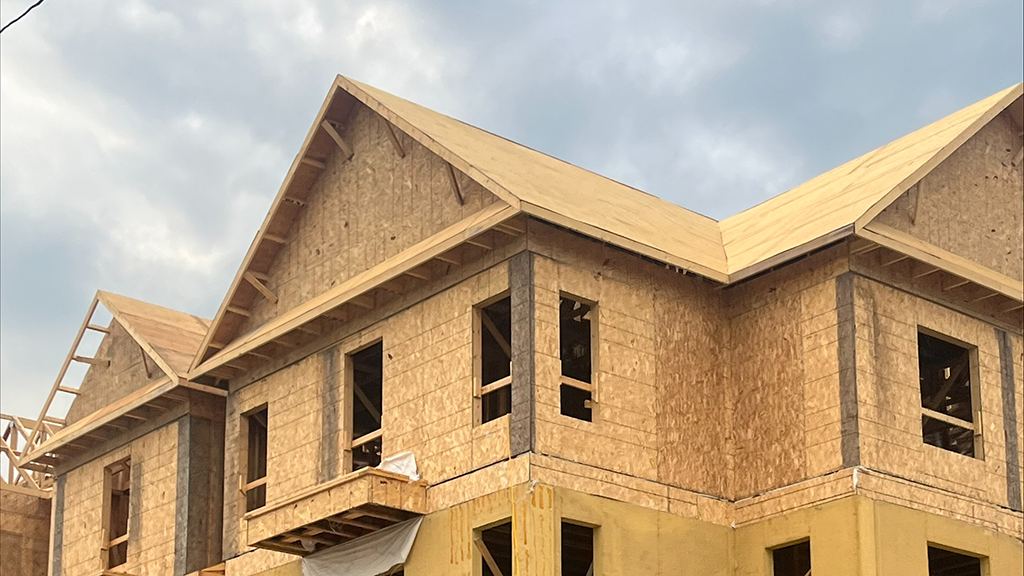TORONTO — Several industry associations are lauding the provincial government’s news it is implementing a number of measures to get more homes built faster in Ontario, as the goal of getting 1.5 million built over 10 years isn’t on track.
The states it is pleased the legislation aims to standardize development charges (DCs) levied by municipalities to pay for infrastructure that supports new developments.
“For years, RESCON has been calling on municipalities to work to reduce the impact of these charges, as they raise the price tag of a home and are ultimately paid by consumers,” a statement reads. “The bill would also allow developers to remit DC payments at the point of occupancy instead of much earlier in the planning approvals process.”
The legislation also gives the province a direct say in the approvals process and places limits on how many studies a municipality can request from a homebuilder.
The minister of infrastructure can also issue MZOs and exempt transit-oriented communities from zoning and planning rules governed by local towns and cities.
“At a time when there are so many challenges facing the residential construction industry, these changes are necessary and essential as they will simplify the approvals process and make the homebuilding process more efficient,” says Richard Lyall, president of RESCON. “The housing affordability and supply crisis is the most intense challenge facing the homebuilding sector in decades and nothing short of significant and collaborative effort can assist in turning this situation around.”
The province also announced it is increasing its investment in housing-enabling infrastructure by adding $400 million in immediate funding to the Housing-Enabling Water Systems Fund and the Municipal Housing Infrastructure Fund.
“The province’s leadership in resolving municipal bureaucratic roadblocks and streamlining the process to approve projects and release funding available are welcomed developments,” said Nadia Todorova, executive director of RCCAO. “RCCAO commends the government for introducing these comprehensive legislative reforms and continuing to focus on ways to speed up the building of housing and critical infrastructure across the province.”
The Building Industry and Land Development Association (BILD) said these moves will not only increase housing supply and affordability, they will also stimulate economic activity and protect Canadian jobs.
“In this period of economic and tariff uncertainty, prioritizing housing is both a strategic imperative and a socio-economic imperative,” said Dave Wilkes, president and CEO of BILD. “As the market-based costs of production factors adjust, those costs imposed by governments must follow suit. We need strong leadership to get shovels in the ground and turn around the unprecedented downturn the industry is currently facing which has sales in the Toronto CMA at just 15 per cent of the 10-year average and housing starts down nearly 60 per cent.
“This sharp decline is putting jobs at risk, slowing industry activity and jeopardizing the housing supply for 2027 and beyond. We applaud the leadership the province has taken by introducing these bold initiatives which will remove red tape, speed up housing supply and streamline development charges to improve the financial viability of new housing projects and deliver more homes in the GTA.










Recent Comments